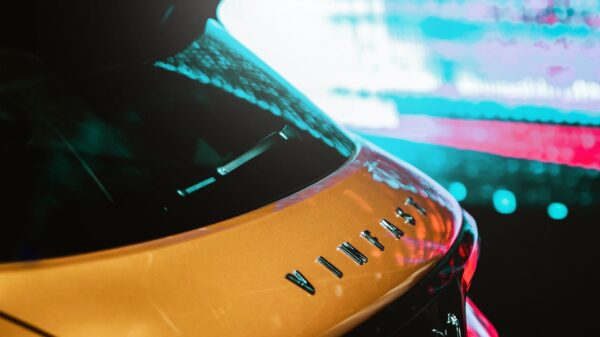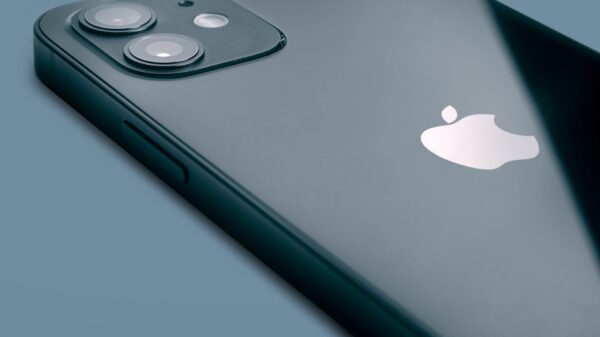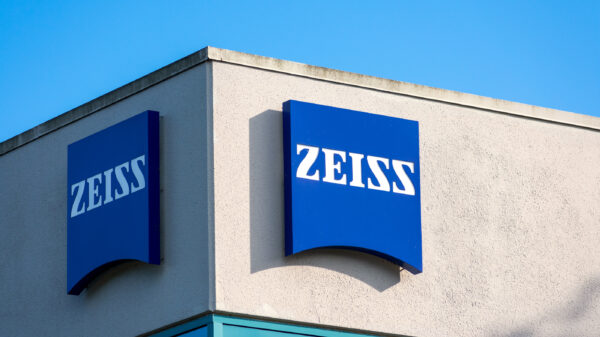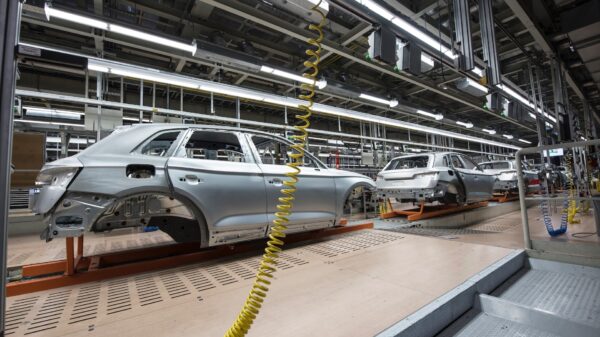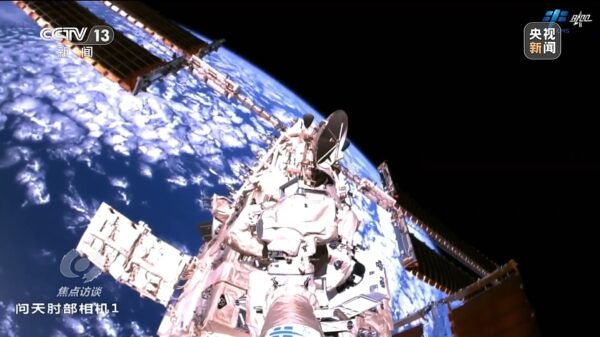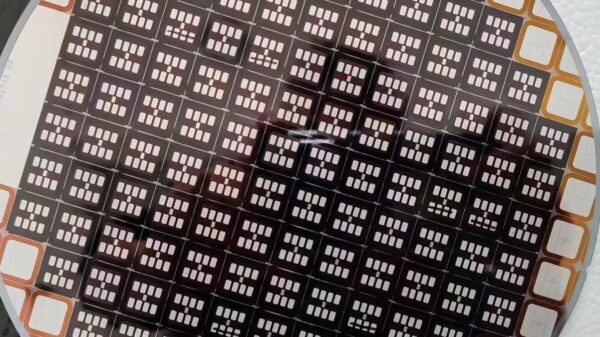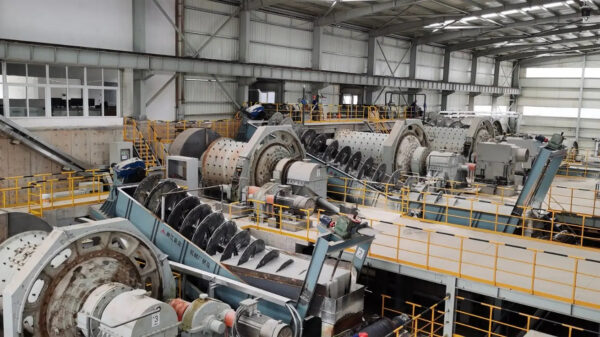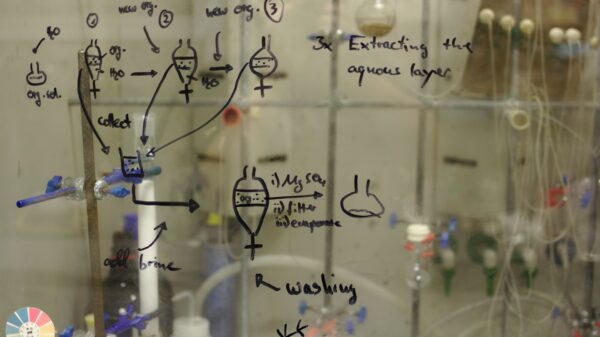As the world's first seawater lithium extraction project commences in Qingdao, the innovative method has attracted significant attention in the market. Although extracting lithium from seawater is currently a challenging process due to the low concentration of lithium ions, experts suggest that future technological innovations may enable large-scale, efficient extraction.
On March 8, a groundbreaking partnership between Qingdao Water Group and Lisi Technology was announced, unveiling the world's first seawater desalination concentrated brine lithium extraction project. This collaboration could herald a new era for lithium resources, providing an environmentally friendly, scalable approach to lithium extraction.
Seawater lithium. . .



